Clinical Equipment Technology
Mission Statement
Full scale clinical engineering services and program support, to fit your health system.
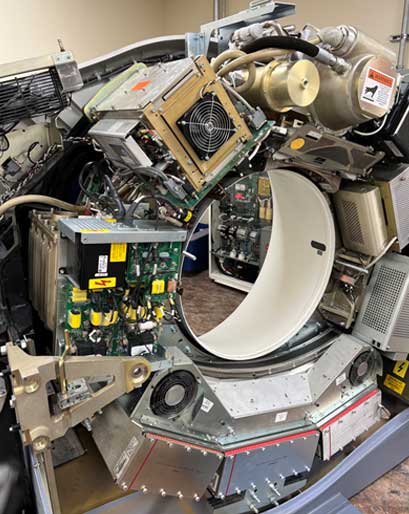
Clinical Equipment and Engineering Services
Isikel provides full-scale, technology-based clinical equipment services and clinical engineering program support for your health system. We partner with you to deliver responsive, experienced technician services and system-wide program leadership, so your staff can focus on providing excellent patient care with the tools and equipment they need.
Technician Services
All of our technicians are highly-trained by certified clinical engineers on the most advanced technology and techniques for servicing and repairs of clinical equipment.
Full line of technician services include:
-
MR
-
CT
-
PET/CT
-
Cath Lab/Angio
-
Mammography
-
Stereotactic
-
C-Arms
-
Radiographic
-
Fluoro [R/F]
-
X-Ray
-
DEXA
-
Nuclear Med
-
Ultrasound
-
Biomedical
-
High End Lab
-
Equipment Sales
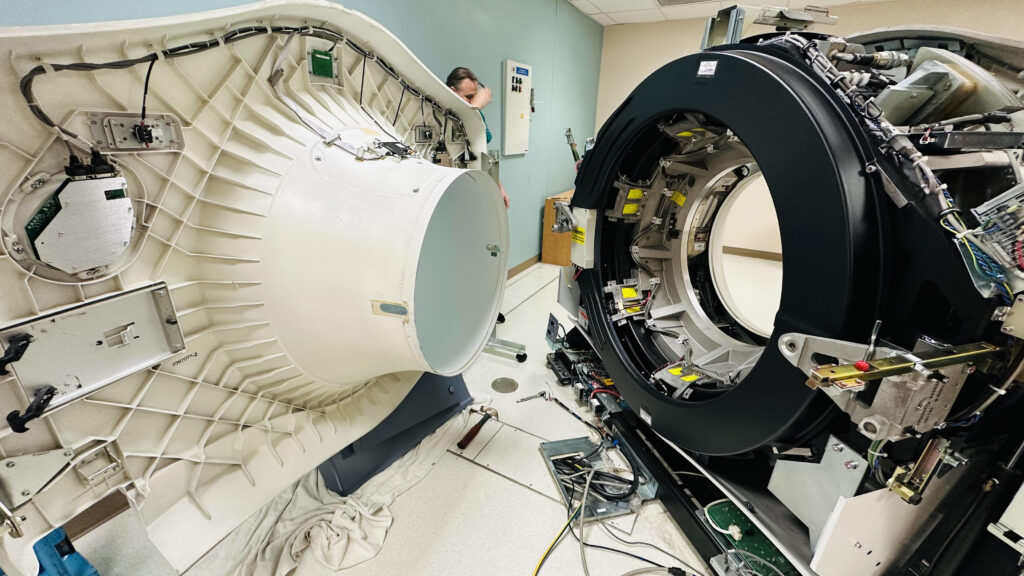
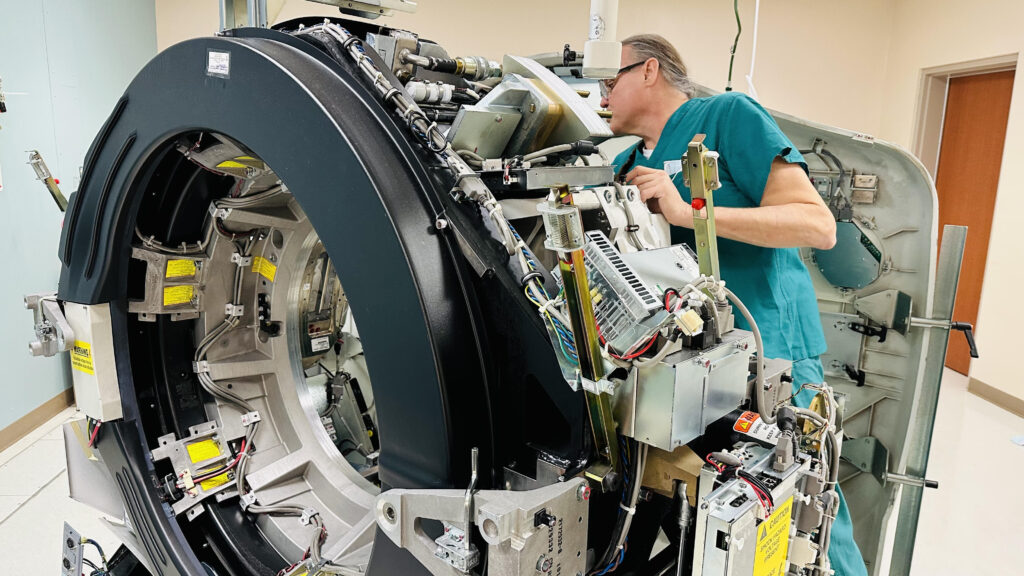
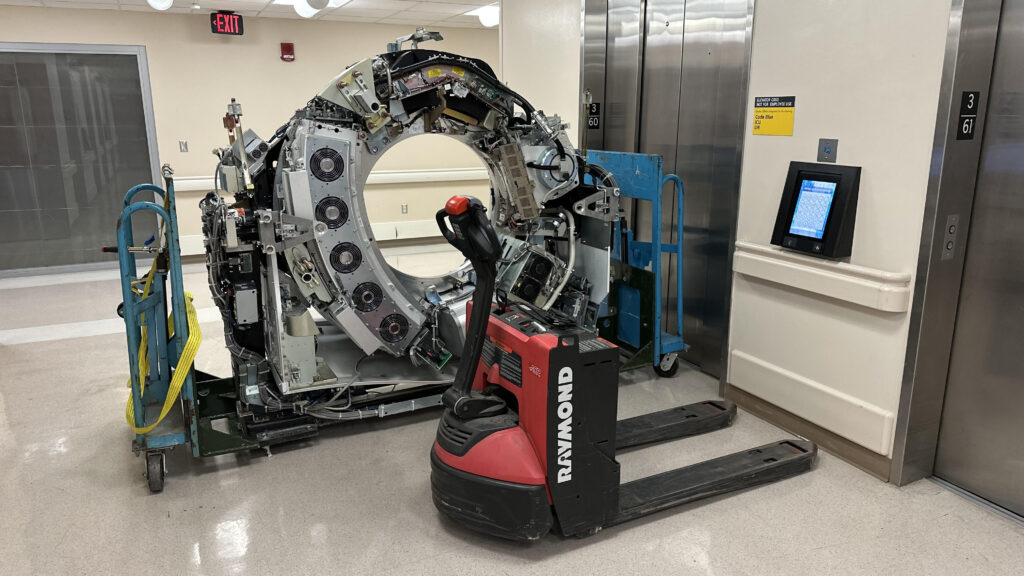
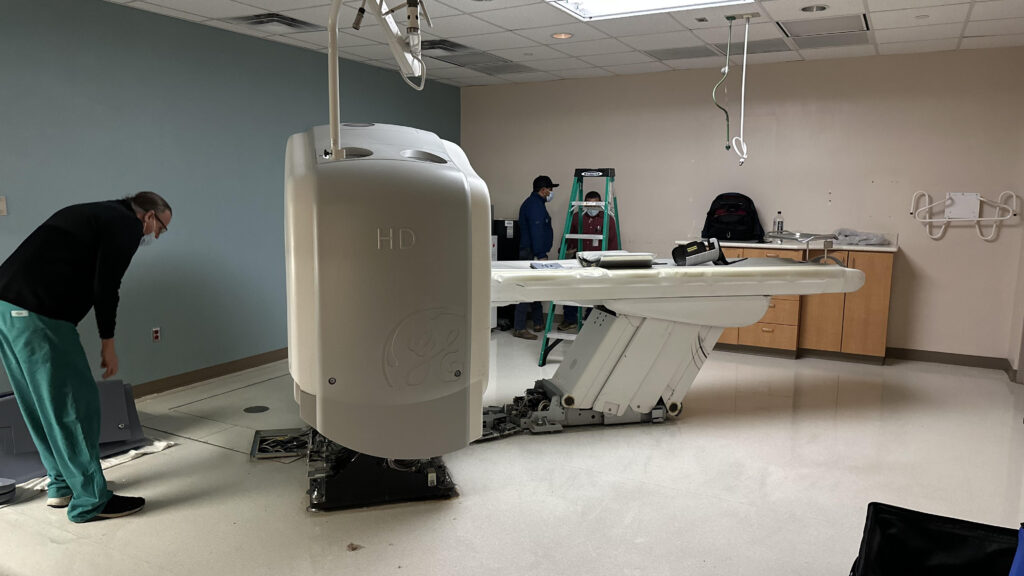
Mobile Imaging Support
MOBILE MRI
Capability to support large bore systems and a dynamic range of coils to support your needs
MOBILE CT
16 to 64, or 128 to 256 slice systems available ability to support multiple OEMs
MOBILE PET/CT
PET/CT capacity and availablity upon inquiry
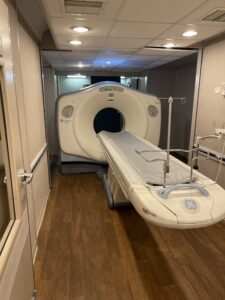
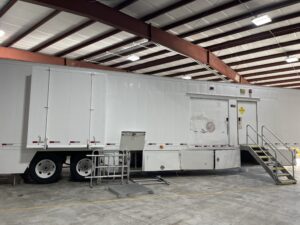
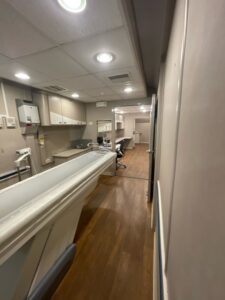
CUSTOMIZED “FIT”
No upfront capital needed, flexible options and terms to support your patients
PROGRAM PLAN
Customized builds only take weeks to complete, to ensure your patients and technologists are accomodated
INTEGRATION & SUPPORT
a team built on decades of imaging experience, along with industry partnerships, we feel confident to support your imaging needs
Program Leadership
System-wide clinical engineering program leadership is our specialty. With Isikel, your health system will have every advantage with our comprehensive Clinical Engineering Program.
Our streamlined program offers benefits that can’t be replicated with piecemeal solutions. The seamless communication that leads to speedy resolutions, the real-time status of clinical assets and cloud-based CMMS, and our team of experienced professionals and technicians guarantees that your health system gets expedient service and results so that your equipment is ready when you need it.
We also provide capital planning services, equipment sales, supply chain management and parts sourcing, and flexible warranty terms that meet your organization’s needs.
With a full-scale program, every aspect of clinical engineering management is seamless and effortless. And we can help you build a customized program that suits your health system’s specific needs, whether you’re a small private hospital or a large health system with multiple locations. Equipment downtime will be a thing of the past, and your patients will get the immediate care that they need – every time.
We can get anything done, challenge us!
Culture
Long-term partnerships and treating customers and team members right
Program + Team Leadership
Experienced professionals who have done this before and will get it done
Speedy Resolutions
Quickly communicate, respond and solve issues expediently
Real-time Status
No guessing games about clinical assets or their status
Capital Planning
So budget season is not the annual standard nightmare
Cloud-Based CMMS
Utilizing an industry standard w/realtime data
Equipment Sales
Ultrasound to MR, we can source parts to whole imaging systems
Right Fit Warranty
We provide full flexibility on warranty terms that your organization needs
Crystal Clear
Our communication, interaction and results
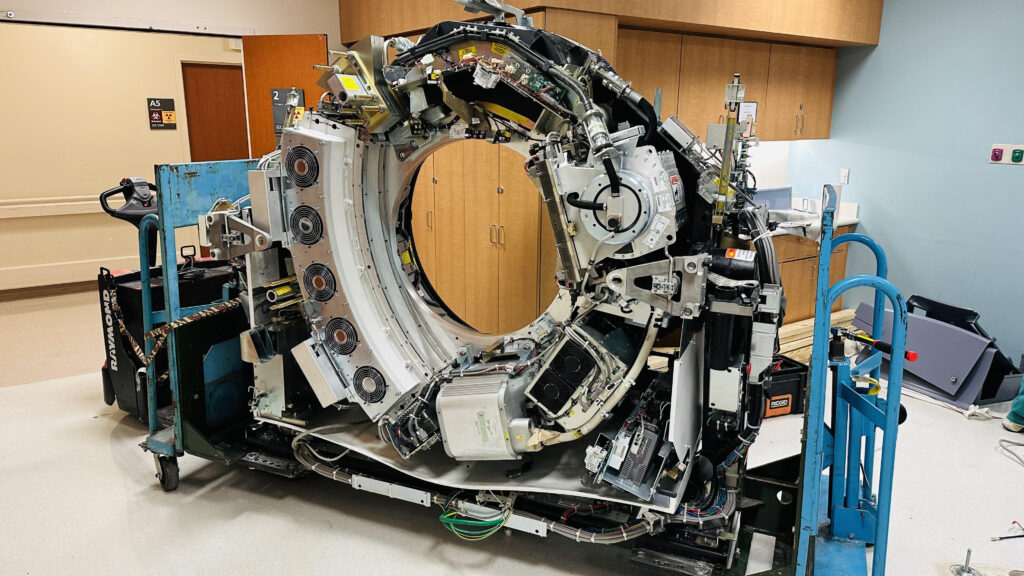
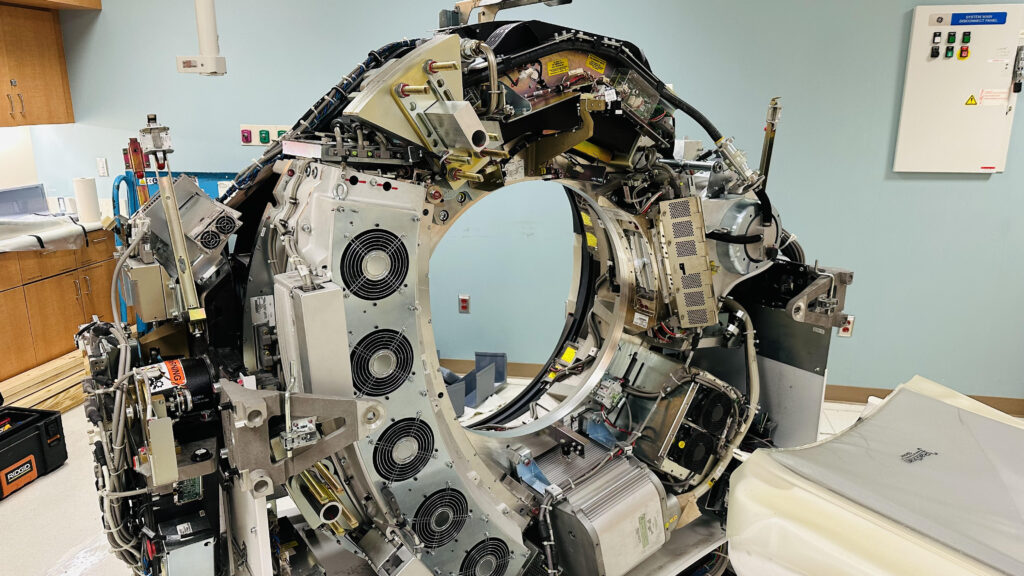
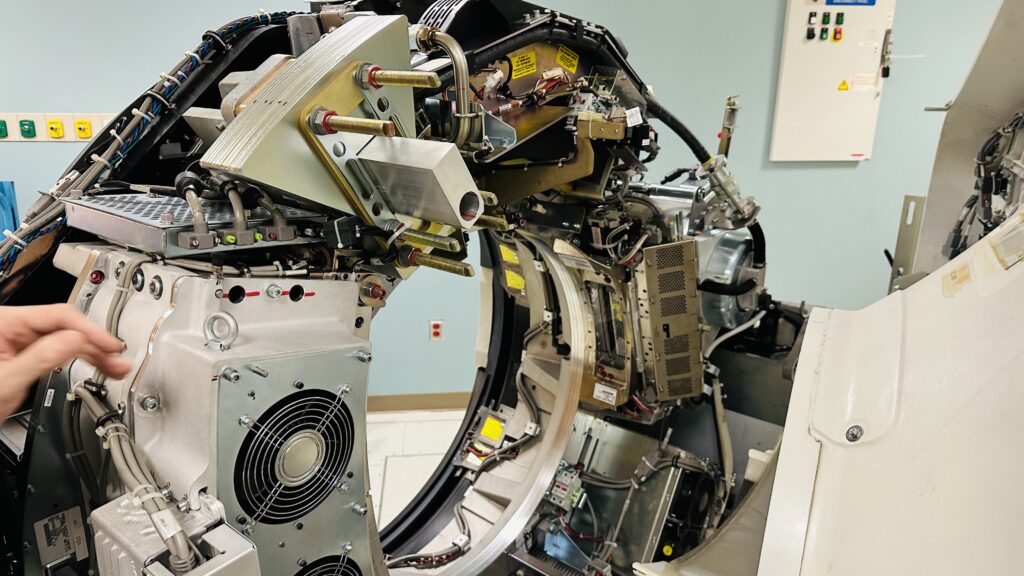
What is Clinical Engineering?
Clinical engineering is a specialty field within biomedical engineering that utilizes medical technology to optimize healthcare delivery. Where a biomedical engineer is responsible for designing medical devices and biomedical equipment, a clinical engineer functions as the technology manager for the systems that manage and maintain clinical equipment. They are a vital part of the growing field of Healthcare Technology Management (HTM), responsible for managing the selection, maintenance, and safe use of health and medical technology.
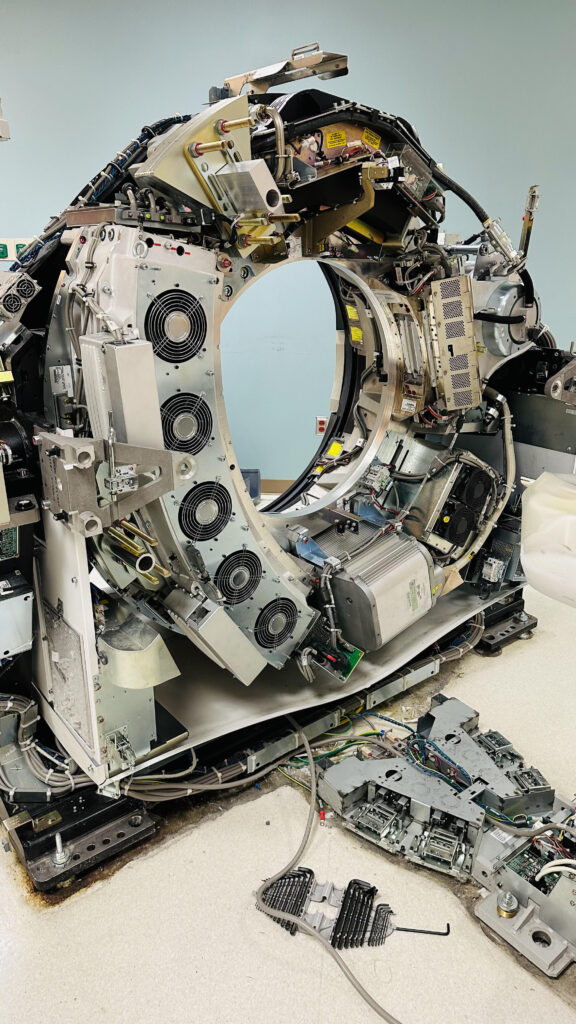
What Does A Clinical Engineer Do?
Clinical engineers combine engineering and managerial skills to support the everyday operations of hospitals and other medical facilities, interacting with biomedical equipment technicians (BMETs), doctors, patients, IT personnel, and more, to perform clinical equipment technology management.
Clinical engineers also train and supervise BMETs in the service and repair of clinical equipment, assist manufacturers in the improvement and design of medical devices, and maintain sophisticated hospital supply chains. They are also largely responsible for maintaining regulatory compliance of the clinical equipment for the hospital or facility that they support.
Qualifications And Certifications
A clinical engineer typically holds a bachelor’s degree in the field of biomedical science/engineering, electrical engineering, mechanical engineering, electronic engineering, or physics. Certification is supported by the American College of Clinical Engineering (ACCE) under the administration of the Healthcare Technology Certification Commission (HTCC). The profession is also recognized by the Biomedical Engineering Society (BES).
The Growing Field Of HTM
HTM is one of the fastest-growing fields in healthcare. As today’s biomedical equipment becomes ever-more technologically advanced, there is a pressing need for highly-trained, certified specialists to ensure the equipment’s availability, functionality, and safety. Clinical engineers are the critical connection between those who design the equipment and those who use it, and thus, they often contribute to nuanced redesign or improvements to the clinical equipment and devices that they support.
How Clinical Engineering Services Benefit Hospitals And Medical Centers
With the rapid pace of advancement in healthcare technology, and the rise of HTM, Clinical Engineering Services perform a critical role in every healthcare and medical facility.
Healthcare providers, technicians, and patients rely on healthcare technology and biomedical equipment to function optimally, reliably, and securely. Clinical engineering departments or services are responsible for managing a facility’s clinical equipment (and related software and data systems) to support a streamlined clinical workflow. A successful workflow improves both patient care and experience, increases staff efficiency, and controls costs for your health system.
Hospitals and medical centers receive beneficial support from Clinical Engineering Services in these areas:
- Equipment inventory and supply chain management: availability, sourcing, purchasing, and sales
- Equipment preventative maintenance, repairs, recall management, and end-of-life recommendations
- Data analytics to manage equipment service and support regulatory compliance
- Secure patient information and data
- Capital planning and budget management
- Quality and compliance assurance
- Improved workflow
- Reduced operating expenses
With an experienced team managing your clinical equipment systems, your hospital or medical facility can deliver prompt patient care while ensuring patient safety – without the disruption and high cost of equipment or device downtime.
Leadership Team

Ned Bowen
VP, Clinical Engineering Operations

Michael Tripp
VP, Sales

Jason Martin
GM
